The 10 Most Important Things to Look for in a Campus Visit (especially international students)
by Rebecca Grappo, M.Ed, Certified Educational Planner
For most families, especially those that live abroad, it is very difficult to visit all of the boarding schools or colleges/ universities in which a student might be interested unless they have a magic carpet, or unlimited time and funds.
However, I would argue that a campus visit might be even more important for the international student and the Third Culture Kid (TCK) who is returning to their passport country for future study, or going to a new country, especially if the student has never lived (or lived for very long) in the country of that school/college.
Having visited hundreds of campuses in the United States, Canada, and Europe, campus visits are the number one way that I learn what a school or university is really like. Though much information is available online, it is not the same as being there in person. However, that said, there is also much to be gained by doing a virtual visit.
So, whether virtually or in person, here are my suggestions for the ten most important things to look for in the campus visit:
1. Setting
Where is the school in relationship to the world? This is especially important for students coming from abroad (namely international students, or TCKs returning to their passport country). Such things as access to a major airport, rural or urban settings, and surrounding neighborhoods tend to be significant factors in how well the student will adjust. Campus safety is also extremely important, so I encourage you to learn what kind of neighborhood it is in and what the student will pass through to get to and from campus. One excellent website devoted to American college/university campus safety is http://ope.ed.gov/security/.
2. Campus Atmosphere
What does the campus “feel” like when you walk around? The best campus visits are made when students are present. What image do they project? Do they look happy and relaxed? Are they friendly? Stressed? Try using such websites as College Prowler or Unigo to find out more about what students have to say. Sometimes there is even a live camera on campus with Internet streaming.
3. What students have to say
Try to talk to current students, either through chance encounters, a studentpanel, or the student tour guide. Through your conversations, you can usually get valuable insights about the student body and their values, activities, campus life and campus culture. Ask about how the students feel about their instructors, professors, projects, availability of classes, class size, advising, where to go for help, college or career guidance, study abroad programs, internships, other students, presence of other TCKs and international students on campus, the food, activities, weekends, what kind of student would be happiest there, who would not be happy there, what the “party scene” is like, what they like best, what they would change, and so on.
4. What teachers and staff have to say
How do the staff talk about their work? Their students? Why do they love (or do not love) teaching/working there? How many adjunct/part-time faculty do they have? What is the teacher/professor turnover rate? What special programs do they offer? What are the strongest departments and why? What new initiatives are being undertaken on campus? What are the admissions team looking for in new student applications? How selective are they? What is their retention/graduation rate? Have they experienced any pain due to budget cuts? What is their waiting list like, if any?
5. How residential is the campus
If it is a boarding school, ask how many students live on campus as boarders compared to the number of day students. If there are boarders, are they five-day boarders who go home on weekends, or full-term boarders who only go home for term breaks? If it is college, is it mostly residential or commuter students? Is it a “suitcase college” where students go home on weekends? If students live on campus, are they guaranteed housing for their full course duration? If not, what is the local housing market for students like? These questions are a huge factor in building campus culture and provide information about campus accessibility.
6. How residential is the campus
This is very important for most of my client families, so if it is important to you as well, be sure you understand what options the school has to make itself affordable. Check out the individual school/college websites to find more information on this. Remember institutions have both need-based and merit-based financial assistance but not all institutions are equally supportive of both kinds of aid.
7. Physical plant and facilities
I call this my “mulch test”. Are the grounds well-kept? Is enough maintenance being done? How does the campus look and feel? What are the buildings like? Dormitories? Food services? Recreational facilities? Athletic facilities? Studios for the arts? Library? Where do students do most of their studying? Most admissions websites now have virtual tours you can take, or you can also search the name of the university on YouTube for more online videos. These sites help, but again, it is not the same as assessing the situation in person.
8. Resources for student support
What kind of support is available for students with tutoring, writing and math centers, and more formalized support for kids with learning differences? Again, in the absence of a personal visit, explore the relevant college websites and learn as much as you can.
9. Understanding of TCK and international student issues
Would your student coming from abroad, with a wealth of different experiences to share, feel welcome and valued on this campus? How strong is the institution’s commitment to helping international students adjust? What countries are the international students coming from? How are they recruited? This may be perhaps the hardest quality to quantify. Try searching the international student pages. Search the terms “Third Culture Kid” or “Global Nomad” by using the search box on the school’s website. Ask for statistics from the school/college, and if you visit, take note of what level of diversity (or lack thereof) you see on the actual campus itself.
10. What is important to the student?
The answer to this depends on the student, but each student has his/her own agenda, too.
There are many, many school, college and university options out there. In selecting a school/college, the campus visit can be an extremely important part of the decision-making process. By the end of the campus visit, you should have a good sense of the kind of student who would do well at that particular school/college/university.
Knowledge gained from the campus visit, combined with an understanding of the student’s learning style, academic and career interests, should all be factors in the final decision. After all, the biggest payoff will occur when the student finds the “right fit” and match where he/she will grow and thrive.
Then you will know that you all have made the right educational choice!
Rebecca Grappo is the founder of RNG International Educational Consultants. She works with student around the world to find the right boarding school and university for them, and with hundreds of campus visits under her belt, is a pro at making the most of a campus visit. You can reach her at [email protected].
















